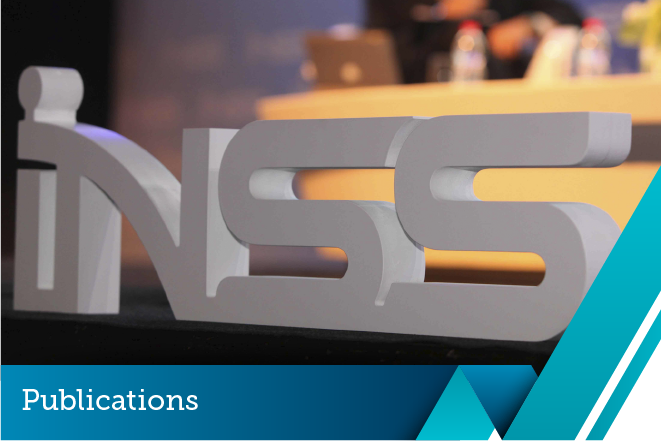Publications
in Negotiating in Times of Conflict, eds. Gilead Sher and Anat Kurz, Tel Aviv: Institute for National Security Studies, 2015

The end of Liberia’s long running civil war in 2003 reveals that smart diplomacy is at least as important as military intervention if the international community seeks to save lives under the Responsibility to Protect (R2P) doctrine. This article, drawing on field interviews in Liberia and Washington, finds that enlightened diplomacy succeeded in Liberia for two main reasons. First, unlike in several other recent conflicts, the international community refused to reward Liberia’s rebels for provoking a humanitarian emergency. Instead, diplomats threatened the rebels with prosecution unless they halted their offensive, and peacekeepers were deployed to prevent their advance. This mitigated the “moral hazard of humanitarian intervention” that has emboldened rebels and escalated violence in other conflicts. Second, the international community refrained from demands that Liberia’s leaders surrender all power or face quick elections or prosecution. Instead, negotiators promised asylum to Liberia’s president and a share of power to his political circle, thereby averting a potentially violent backlash from the regime. Proponents of R2P should incorporate these lessons in future international efforts to protect civilians.
The opinions expressed in INSS publications are the authors’ alone.
Publication Series Chapters


